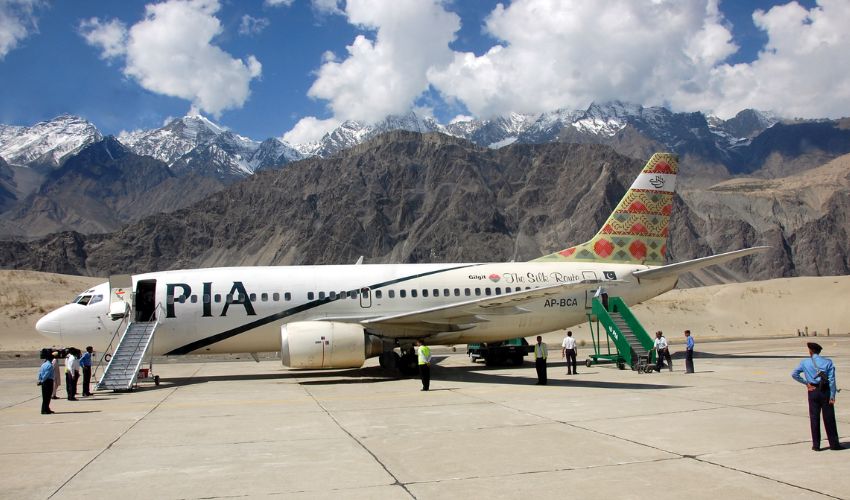As the new year unfolds, travelers can look forward to several updates in visa regulations that may ease their international journeys.
From the expansion of the Schengen area to include Romania and Bulgaria to increased financial requirements for trips to Finland, and the introduction of digital visas in France, here are some notable changes.
Schengen Area Expansion
Romania and Bulgaria are set to integrate with the Schengen area on March 31, 2024. This move will eliminate internal air and sea border controls, allowing Schengen visa holders to visit Bulgaria and Romania as part of the region.
Financial Requirement in Finland
Finland has adjusted its daily financial requirement for short-stay visitors. Travelers and visa applicants are now required to show proof of available funds at €50 or Rs4,500 per day, up from the previous €30 or Rs2,700 per day. The country has also introduced proof of sponsorship and accommodation.
Digital Visas in France
France has initiated the digitization of visas by issuing around 70,000 online visas for the Olympic and Paralympic games. This digital visa system is designed for athletes, journalists, and delegations, aiming for a paperless visa process in the coming years.
Digital Nomad Visas in South Korea
South Korea has introduced digital nomad visas from January 1, 2024. Foreign residents can stay for up to two years, working remotely outside the country. Applicants need to demonstrate an annual income exceeding 84.96 million won (Rs53,63,000).
H-1B Visa Renewals in the US
The United States is launching a pilot program allowing H-1B visa holders to renew their visas domestically, starting from January 29. The program covers 20,000 applicants, with half being Indians and the rest from Canada.
Work on Tourist Visas in the UK
The UK has updated its visa policy to permit work-related activities on tourist visas. Effective from January 31, 2024, visitors can engage in activities such as attending meetings, conferences, and negotiations while visiting for tourism or non-work-related purposes.
These changes signal a shift in global visa regulations, providing more flexibility and opportunities for travelers in the new year.


























